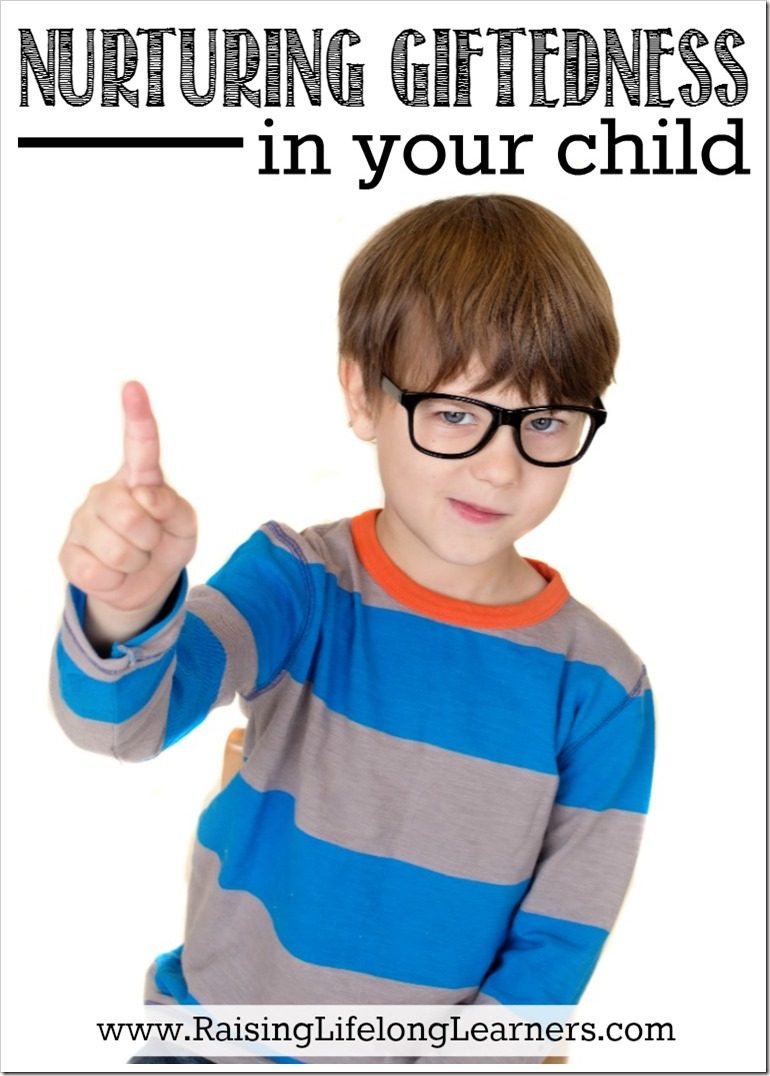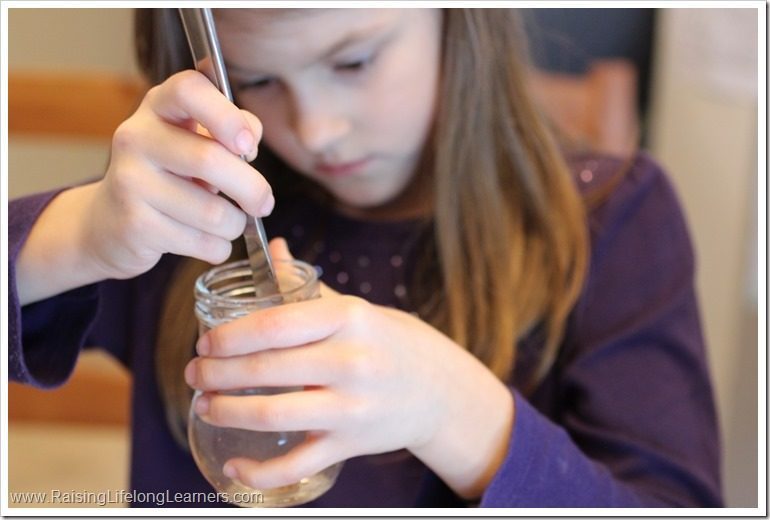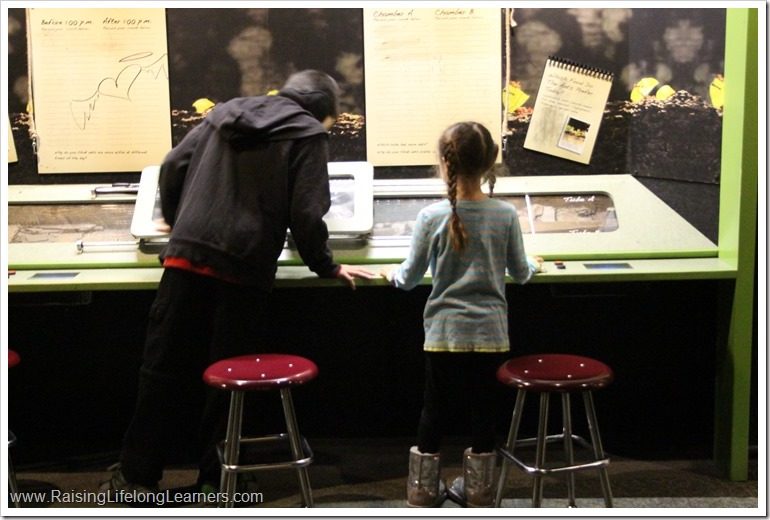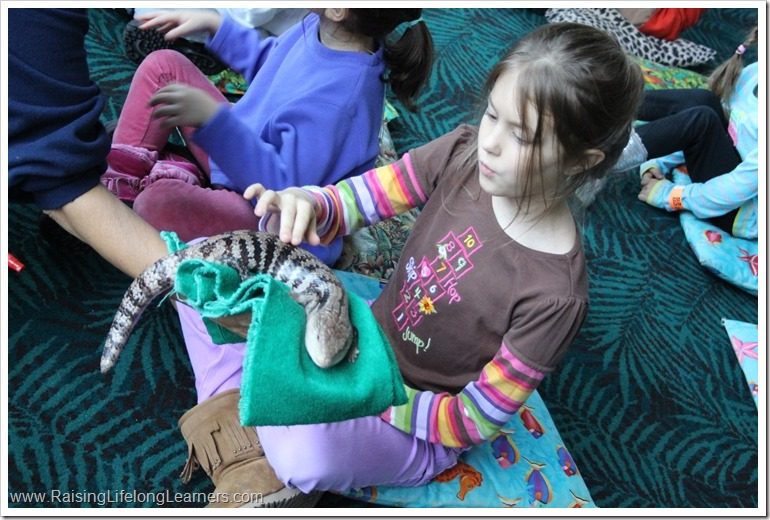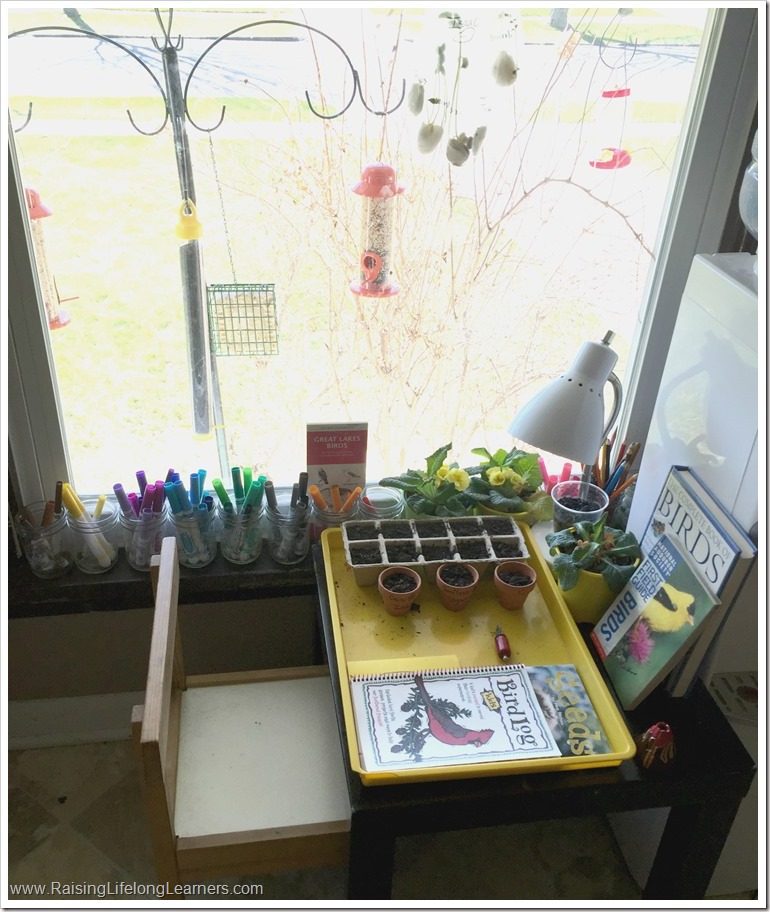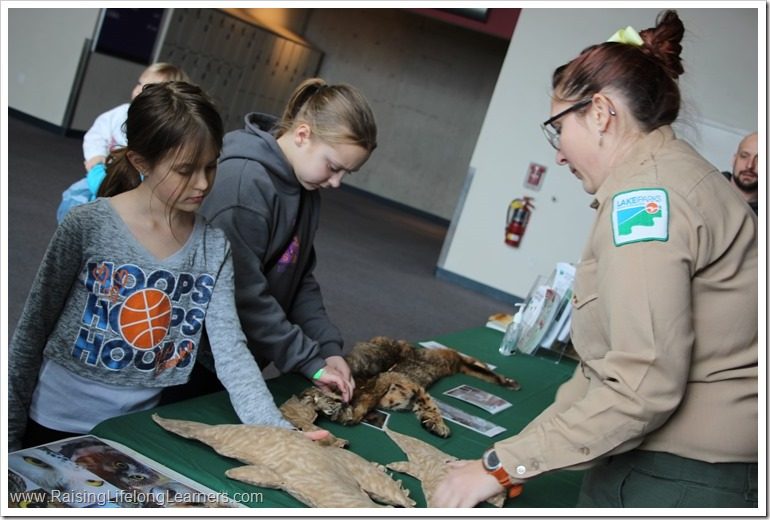Recognizing and Nurturing Giftedness In Your Child
My oldest son and youngest daughter both have my tan complexion. The other two are fair like my husband. All four of them boast deep, chocolate eyes like Brian, not the blue I’d hoped they’d inherit from me. When we’re all together, you can see that we’re a family.
They’re opinionated, assertive, and loads of fun – always on the look out for the next adventure. I like to think that, while they arrived in this world full of confidence, spirit, and a boatload of intelligence, that I’ve helped to cultivate it.
Nurturing a child’s gifts means first recognizing those gifts.
Even if others around you don’t see them.
You see them.
You see the way your child sprawls out, upside down, in the patch of sunlight coming through the blinds with a book bigger than he is.
You see the intensity in her eyes when she asks you (again) to tell her exactly how food is processed in our bodies and converted to energy.
You see the way he cringes when a mom at the ice cream parlor snaps at her little one who is tired and cranky, and how he empathizes with her and engages her in a game of peek-a-boo to help break her out of her funk and give that tired mama a reprieve.
You see her, weighing in on a debate with her big brother about the pros and cons of war, while holding onto her lovey, and with cheeks still flushed from the temper tantrum she just threw because you told her she’d had to wait the 15 minutes until you put lunch on the table to eat, and that no, now was not time for a snack.
I see it too.
I live it, right along with you – you’re not alone.
I like to think that both nurture and nature play a role in our kiddos and their giftedness. Nature made them who they are, and it’s up to us to nurture those dichotomies and help them channel their intensities for good.
So, what does giftedness look like?
Recognizing Giftedness in Your Child
When you’re trying to figure out whether or not your child is gifted, or what a gifted kiddo looks like, it’s often a good starting point to know what some of the early characteristics are. It’s also helpful to know some of the traits that characterize different types of giftedness – creatively, cognitively, or academically.
Your gifted child may:
- need constant mental stimulation.
- learn and process complex information quickly.
- need to explore topics in depth.
- have an insatiable curiosity.
- ask endless questions.
- seek precision in thinking and answering questions.
- focus obsessively on subjects or activities of interest for surprisingly long periods of time.
- be unable to focus on tasks that are not intellectually challenging.
- not be willing to participate in repetitive lessons or tasks.
So, you’ve recognized the giftedness in your kiddo… now what? Do you need to have your child identified? Is testing really that important? Maybe… maybe not. You can read my thoughts about testing and decide for yourself.
I think, though, that it’s infinitely more important that we, as parents, nurture those abilities in our children. There are lots of great books that explore the effects of denying our gifted kids’ abilities. You can check some of them out:
As a mom of gifted kids, I made the decision long ago to shift my paradigm and homeschool my kids when traditional schooling wasn’t working out. But, whether you homeschool your gifted kids or not, it’s crucial to nurture their giftedness so that they are empowered to reach their potential.
Nurturing Giftedness in Your Child
It’s important to remember that, above all, your gifted children are kids. They need you more than anything else. You are the perfect parent for your gifted kiddo and he or she was given to you for exactly that reason. You’re perfect for your kid.
Love him, appreciate him, and help him grow into the person he is meant to be. Your gifted child needs you to appreciate him right now, and help him develop.
Yes… you know that, right? But how? You’re wondering how you should go about nurturing your child’s giftedness. Here are five simple suggestions…
Follow Your Child’s Interests
Remember the characteristics above? I know that my son will focus intently and passionately on anything that HE chooses to learn. So, I try as often as I can to tap into my kids’ interests and let them drive their learning.
As your kiddo gets older, try getting him involved in choosing his own curriculum. Build on your littler kids’ interests and dive into delight-directed learning. Take field trips. Get hands-on. Enjoy museum memberships.
Strew Great Resources
Get those kiddos of yours to expand their interests by strewing. While it’s important to nurture your gifted child’s potential and love of learning by following his interests, it’s equally important to expose him to new things. Create a learning-rich environment with loads of great books, games, and puzzles.
By rotating exciting new things, your kids may discover new passions. We have a small science table in our kitchen. Right now there are bird books, a bird log, identification guides, and a chair. This past weekend we put up a feeding station outside so that we’d attract birds to where we can observe them. I also put out small pots, seeds, and soil, along with a book about seeds. It’s springtime, and I’m hoping to encourage nature observations and an interest in getting a garden planted.
Think about the possibilities… what could you strew?
Pose Problems to Solve
Get your kids thinking. One of my favorite things to do when I taught third grade gifted kids was to challenge them to beat me in the strategy game of NIM. NIM is a mathematical game where players are required to remove objects in certain quantities.
There are endless variations of the game, but all involve inductive reasoning and can be won by the child who “discovers the secret.” I taught the initial variation to all the third graders in the building, then challenged kids to practice increasingly more difficult versions on their own and stop by when they thought they could beat me. If they’d solved the strategy and executed it flawlessly, they earned a sticker that boasted, “I beat Mrs. Kessler at NIM!” If they successfully solves all 20+ variations during the quarter I had the challenge live, they joined me and all the other problem solvers for a pizza party.
I had lines out my resource room door every morning for months, with my gifted kiddos all fighting to be the first to beat me at all of the games.
My own kids have loved the challenge, too.
Besides NIM, I’ve challenged my kids to beat me at Mancala, Mastermind, and other strategy and thinking games. I’ve also used great resources like It’s Alive, Real Life Math Mysteries, 100 Math Brainteasers, and Grid Perplexors.
Find Local Resources to Help Ease the Load
I don’t know about you, but I get tired of coming up with all of the ideas, activities, and materials to pique my curious kids’ interests all the time. I tap into the huge abundance of local resources I have at my fingertips.
We have memberships to local museums and zoos, and we frequently visit botanical gardens and nature centers. So many of them offer great classes during the summer and over spring break, and most of them offer classes and programs during the year, too.
And if they don’t – ask them if they will.
So many of the amazing class opportunities we’ve had here in Northeast Ohio have come about because a homeschooling mom has asked if a theater program, community college, museum, or zoo would offer classes to homeschoolers.
They have the staff, love sharing what they know with the community, and are often eager to accommodate learners who want to learn. So… call around. Set something up, and then get on Facebook and shout out about the new offering. Parents and their kids will come. And you might make a few new friends in the process.
Find Community
This might be the hardest part of it all when it comes to nurturing your child’s giftedness. You and your child need community. You need other moms and dads who get exactly what you’re going through. You need a place to brag and cry and get help. Your child needs help making friends.
One of the toughest things about raising outliers is that they often don’t fit in with same-age peers. My 13yo has great friends – but they’re either adults or kids half his age. Asynchrony means that he likes to work through complicated ideas and bounce them off mentors four or five times his age, but wants to play Transformers with the 7yo brother of my daughter’s best friend.
Nurturing his giftedness means letting him be himself, and enjoy playing with young friends, and making time to take him to my father-in-law’s house to meet up with the “train guys” who come weekly to build model railroad layouts.
Whatever we do, we need to remember that our kids need us more than anything else. It’s up to us to recognize and nurture their giftedness – and to brag about them so they know we’re proud to be their parents.
Are You Homeschooling A Gifted Child?
The Learner’s Lab is the community created just for your quirky family. It’s full of creative lessons, problem solving activities, critical and divergent thinking games, and the social-emotional support differently-wired children and teens need most.
All from the comfort of your own home.
This community was created to support children who are gifted and twice exceptional. We address topics just like this all year long, in a way that is educational and fun for children. They learn skills to help them cope and you learn how to help them along the way.
We invite you to join us. Get all the details HERE.


